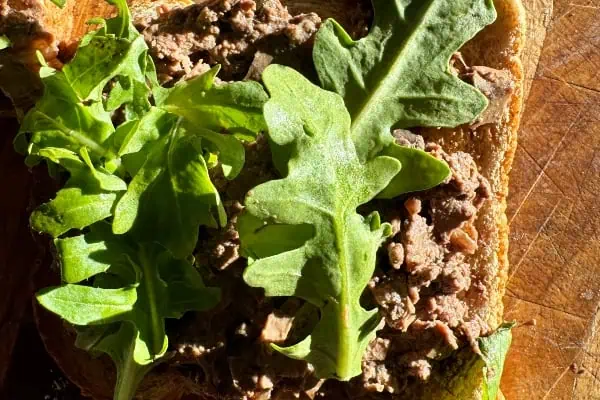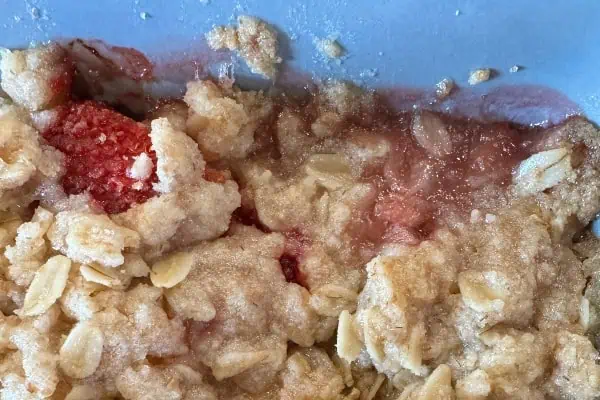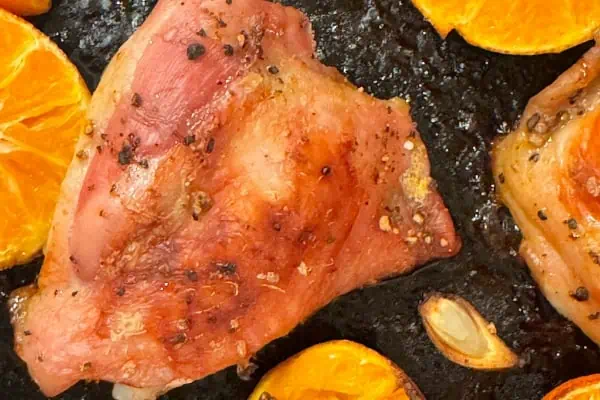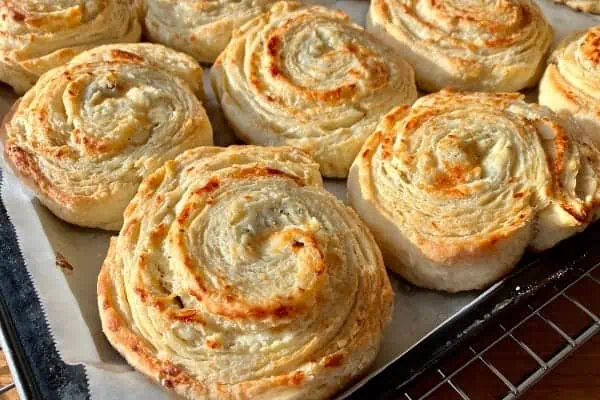Craving cookies, chips, ice cream, pizza, or some other delicious-tasting, high calorie food?
You know these foods are not good for you, but it can take what feels like an unfathomable amount of willpower to stay away from them.
If it seems that the cravings are beyond your control, it’s because they sometimes are.
Junk food cravings are powerful and are in part the product of our complex brain and gut anatomy and wiring. Among the many signals in our bodies, those from our gut hormones are key in telling our brain when and what to eat. This happens through our brain’s central appetite regulation, but also through our brain’s reward response regions.
Researchers from Imperial College London and the University of Glasgow found a supplement called inulin-propionate ester that could hack this gut-brain system to take back control of our cravings.
This milkshake brought all the boys to the table
Twenty male participants were in the study and were randomly selected to take the supplement or a control substance in a chocolate milkshake in the morning. Those that took the supplement had lower caloric intake throughout the day.
More interestingly, after taking the supplement or control substance, the men were asked to look at photos of low-calorie foods (such as salad) and high-calorie foods (such as pizza) while their brains were being monitored using functional magnetic resonance imaging (fMRI). Those who were given the supplement had reduced activity in the reward regions of the brain in response to the high-calorie foods.
Additionally, the participants who had taken the supplement rated the high-calorie foods as less appealing. In short, the junk food no longer triggered cravings.
The power of propionate
There are a number of carbohydrates that are not digestible by our bodies. They enter the large intestine where the trillions of gut bacteria that live there begin a fermentation process. They are fermented into Short Chain Fatty Acids including propionate – an important fatty acid that stimulates the gut to send signals to the brain that reduce hunger.
Propionate is produced naturally in the gut when we eat foods rich in non-digestible carbohydrates, particularly inulin. Inulin can be found in chicory root, beets, leeks, asparagus, bananas, onions and garlic.
The concentrated inulin-propionate ester supplement allowed for targeted delivery of a beneficial amount of propionate directly to the large intestine. The amount of propionate delivered in the gut from the supplement was 2.5 times the usual daily production.
To receive the same boost in production from fibre alone, around 60 grams of fibre from inulin-rich foods – whole grains, legumes, fruits, and vegetables – would need to be consumed. While this isn’t impossible, it is a significant increase from where many of us are with our daily intake. Currently, the daily recommended intake is close to 40 grams but most of us eat closer to 14 grams.
While the research is in its early stages, it will be an interesting ingredient to watch as more studies are conducted. For those who can’t beat the sweet tooth or the need for chips, there may be hope in the near future.
In the meantime, while increasing fibre may not have the full effects of the supplement, it is never a bad idea to start eating more.




